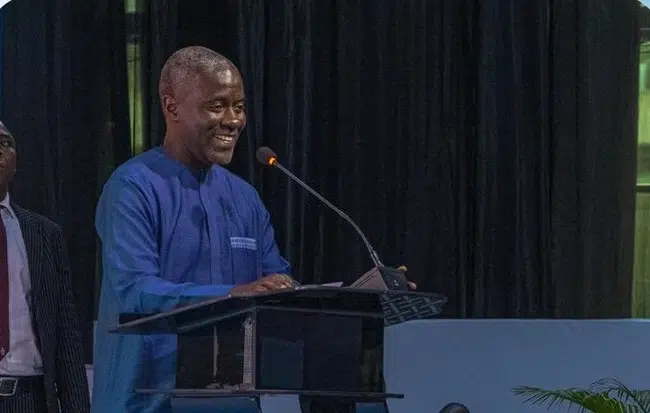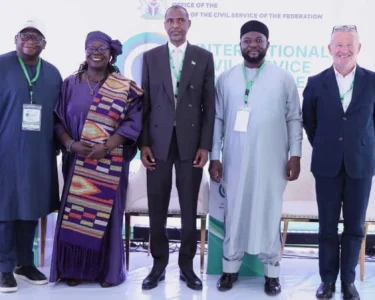The Nigerian Communications Commission(NCC), said telecoms operators should consider reviewing the volume of voice and and data plans that they have in their service profile stressing that the several voice and data plans are confusing the consumers.
According to the NCC, Globacom, has 6 voice plans and 32 voice plans while EMTS, which is 9Mobile, have 7 voice plans and 97 voice plans saying that all that was done in the name of the services and products presented to consumers in the industry.
The Director of Consumer Affairs Bureau at the NCC, Dr Ikechukwu Adinde, said in a meeting in Lagos, that the NCC thinks that this is not helping the consumer experience in the industry stressing that .that is wrong if the goal is to have a consumer that is satisfied.
He said that data available to the Commission revealed that “consumers have different levels of experience in the industry and that at the first level, which is what consumers complain to the operators. Operators are not able to resolve the complaints” adding what the NCC has done is to focus on the consumer, by “understanding that really, without the consumer, this sector will not thrive.”
Adinde disclosed that the complaints, that comes to the NCC from consumers across the four major networks indicate that terms featuring bonuses or promotional elements should be classified strictly as promotions stressing that telecoms operators should remove every tariff that has an element of promotion in it and must have the promotional element removed.
He explained that the Consumer Affairs Bureau on its own part has been doing impact assessment. on promotions by the telecoms operators, and after the assessment, the report is send to the Technical Standards and Records Department where it further subjects the promotion to an assessment in terms of its impact on the network.
He further revealed that study of the NCC showed that promotions will result to a certain kind of performance that will degrade the quality of the network, saying “They will usually recommend a decline to approval for such promotions. But if they see from the assessment that the promotions are not giving the network issues, it can be can sustain during the a period, usually promotions last for three months, six months, some of them one year.”
Adinde stated that there are situations whereby the Technical Standards and Records Department after assessing the quality of service impact of a promotion “will then recommend a decline to manage it. So the whole idea is to ensure that consumers have a good experience.”
While harping on the high level lack of transparency in the promotions, he stated that the NCC has directed that all voice, SMS, and data must be stated in clear, uniform, and user-friendly formats and that number of minutes, SMS, costs per minute, SMS, available as total data in megabytes and gigabytes, and validity period must be clear to the consurmer.
“Now, when these services are made available to consumers, you don’t get this kind of transparency. Many of us have 30-day data bundles that we’ve seen, but you really are not able to state how much data you use per session, every time you use maybe five minutes of YouTube, two minutes of Netflix, three minutes of your Facebook experience, all of that.So with this new data plan, what we’re going to get is a data plan that says how much data we get per second for SMS, for voice, and for data.”
He also said that the Commission will soon publish approved tariffs on the Commission’s websites stating that “we’re going to explore a bit. So under the simplification regime, we’re going to be publishing approved tariffs across all the networks. So when you go to our website, you will see tariff plans for voice and for data across the different networks.”
Adinde while stating that the same is similar to the Indian experience, said “under the current simplification guidelines, it is expected that no organisation will have more than seven tariff plans. That’s the specification under the current guidelines. So it makes it easier for the consumer to make a choice.”





